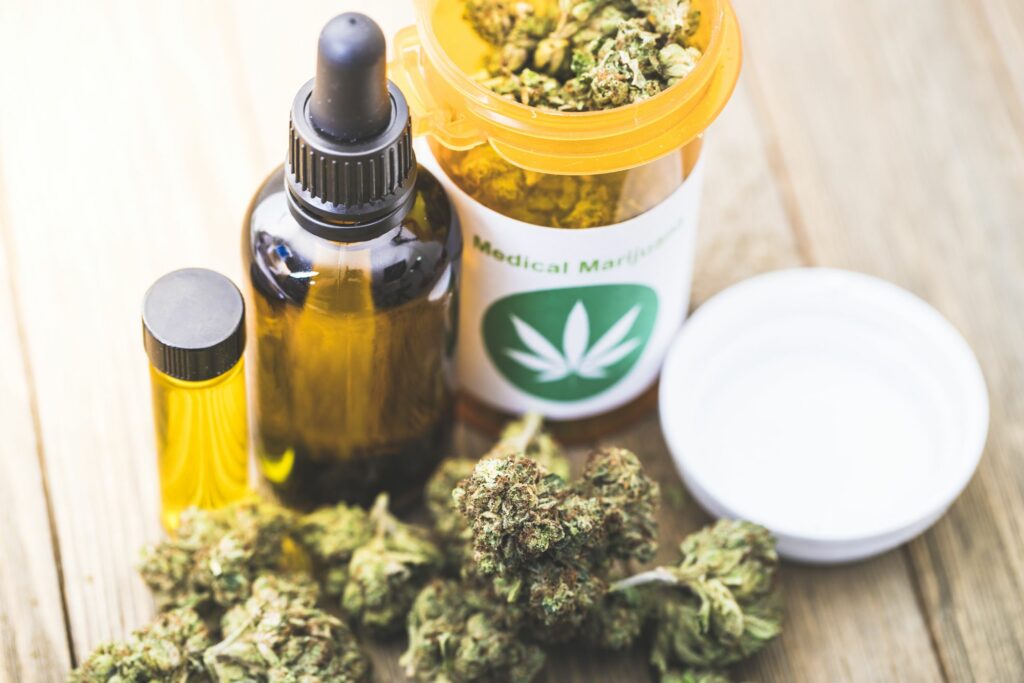Today was supposed to be a landmark day for medicinal cannabis campaigners as the Misuse of Drugs (Amendments) (Cannabis and Licence Fees) (England, Wales and Scotland) Regulations 2018 come into force. The regulations, which amend other existing legislation, allow specialist doctors to prescribe medicinal cannabis for the first time.
Whilst many people have been campaigning for years for this change, progress was finally made as a result of the heartbreaking stories of two children, one of whom (Alfie Dingley) was our client.
Alfie’s parents and grandmother, with their many thousands of supporters, campaigned tirelessly for permission to obtain the medicinal cannabis products that had lead to a dramatic improvement in his condition when they were tried in Holland last year.
The Home Secretary and Prime Minister were unable to ignore the plight of Alfie and the other child, Billy Caldwell, both of whom suffer from severe epilepsy. Alfie was the first patient in the UK to receive medicinal cannabis via a licence issued by the Home Office this summer, under an interim procedure.
Happily, those campaigns led to this significant change in the law on prescribing medicinal cannabis.
NHS England has today published guidance to clinicians on cannabis-based products for medicinal use. The key points, incorporating the amendments to the legislation are:
Cannabis-based products can be prescribed medicinally where there is an unmet clinical need;
Only specialist doctors (i.e. those on specialist registers, note: GPs are not specialists) can prescribe and they must only do so within their own area of practice and training, so for example, adult physicians should not prescribe for children;
It is expected that cannabis-based products should only be prescribed where there is clear published evidence of benefit or UK Guidelines and in patients where there is a clinical need which cannot be met by a licensed medicine and where established treatment options have been exhausted;
With the exception of one product (Sativex) the available cannabis-based products are unlicensed (also known as ‘specials’), which are products which have been specially manufactured or imported for the treatment of an individual patient;
The GMC guidance on prescribing unlicensed medicines must be taken into account;
The decision to prescribe should be agreed on by the patient’s multidisciplinary team;
The Trust’s governance procedures for unlicensed medicines must be followed and it is expected that approval will be granted by the Trust’s Drug and Therapeutics Committee Chair or Trust Medical Director;
Products are expected to fulfil the requirements of the Medicines and Healthcare products Regulatory Agency specials guidance and the additional guidance on the supply of unlicensed cannabis-based products for medicinal use in humans (for example, it is expected that products will only be prescribed where the specialist doctor is certain of its content and quality (this requirement will not be met where the content of the cannabinoid constituents is not known or declared on the label);
The National Institute for Health and Care Excellence (NICE) has been asked by the Department of Health and Social Care to produce a clinical guideline on the prescribing of medicinal cannabis, which is anticipated by next October. In the interim NHS England asked the British Paediatric Neurology Association (BPNA) and the Royal College of Physicians (RCP) to develop interim guidance: Guidance on the use of cannabis‐based products for medicinal use in children and young people with epilepsy (BPNA) and Recommendations on cannabis-based products for medicinal use (RCP). A summary of the advice is available on the NHS website: Medical cannabis (and cannabis oils).
It is the final point above which will prevent the majority of patients from accessing medicinal cannabis. The NHS website says:
Can I get a prescription for medical cannabis?
Very few people in England are likely to get a prescription for medical cannabis.
Currently, it is only likely to be prescribed for the following conditions:
- children with rare, severe forms of epilepsy
- adults with vomiting or nausea caused by chemotherapy
- adults with muscle stiffness (spasticity) caused by multiple sclerosis (MS)
And it would only be considered when other treatments weren’t suitable or hadn’t helped.
In keeping with this conservative position, there has already been some pushback; 166 pain consultants wrote to the Times on 26 October 2018, expressing their opposition to the changes.
Their position was attacked in a response published in the Times today. Campaigners in this area such as Clear, and expert doctors such as Professor Mike Barnes, who was instrumental in obtaining the licence for Alfie and who signed today’s letter, have highlighted the education of doctors as the next key battleground. To that end Professor Barnes has launched a learning tool – the Academy of Medical Cannabis.
The restrictive interim guidance will come as a huge blow to a great number of people in the UK who would benefit from cannabis-based medicinal products. It is clear that the battle for medicinal cannabis is not yet over.
Salima Budhani and Theodora Middleton acted for Alfie Dingley, along with counsel: David Lock QC of Landmark Chambers and Zoe Leventhal of Matrix Chambers.
